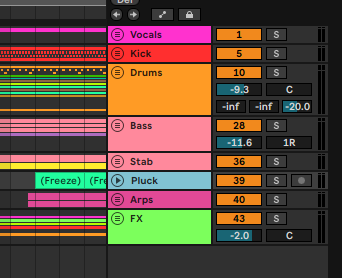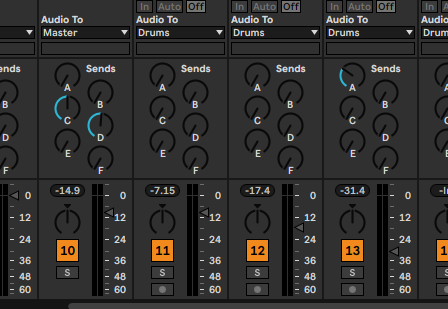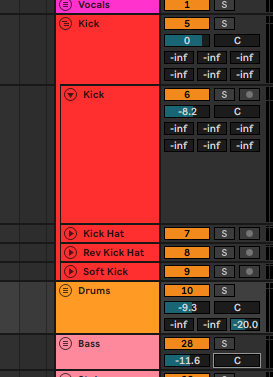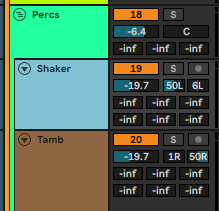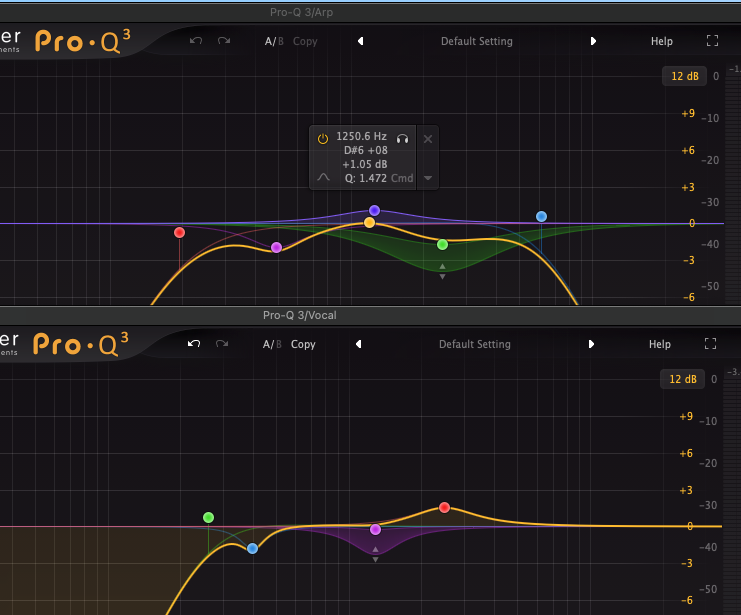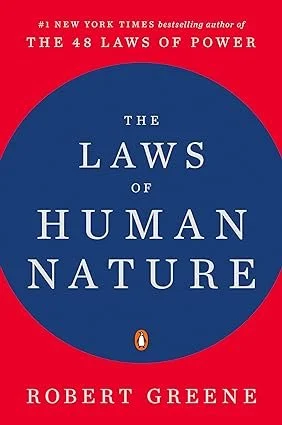The Art of Mixing and Mastering
The art of sonically shaping something into a masterpiece
Hey friend,
I hope you've been well!
Lately I have been doing a lot of mixing and mastering for clients, and working on a bunch of mixes for my own music. I am producing a lot for music libraries for tv and film opportunities, and also working on my debut album.
One of my goals this year is to start getting sync placements, so I have been building up my catalogue one song per week and throwing them into a library I am a part of.
As I am finishing up a lot of this older music that has been sitting on my hard drive, I am going through these older projects and seeing the kinds of mixing moves I was making back then. As plugins change over the years, the general workflow has remained the same. What I realized is how much I love being able to mix and master my own music. The freedom it provides to be able to control how much and how often you finish music is amazing. If I could sing on my own tracks and didn’t need to hire a vocalist, I would be set. 😂
So I want to lay out the basic structure of how I mix and master a song. I hope this helps and/or is interesting at all lmao.
The Process
First, organizing all of the tracks by naming them and grouping them into manageable groups like Drums, Basses, Synths, Leads, Vocals, FX, etc.
Next I will go through and level all of the channels within each group so that the group itself is well balanced. To do this, solo the group and bring each layer into balance with the others, so that all of the drums sound cohesive together, all of the fx are hitting at a good level, etc. This is subjective, so use your ears! Just make sure that the elements in each group are balanced with each other.
Once you have all of your groups well balanced, then it is easy enough to work at the group level, and adjust the volumes of the groups themselves so that they are in balance with the other groups. Generally this is where you want to decide which elements are the most important and set those first. For me this is my Kick and Bass, then Drums, Vocals, Synths and Leads, then FX, etc.
Now the volume levels are set across the whole song, and this is genuinely the most important step in the entire mix, don’t rush this part! The next step is to deal with any conflicting elements. We can either deal with conflicts by panning some left, some right, some on the sides and some down the middle, or by EQing things to carve out space. Start first by panning things, and then deal with any conflicts left by EQing.
The general rule for panning is to keep the Kick, Bass, Lead and Vocals down the middle, and pan some of the other elements to the sides. You can layer things to keep one layer down the middle and the other layer on the sides. I do this with claps, hi hats and cymbals, etc.
Now that everything is balanced in terms of volume and panning, we need to go through and EQ any masking frequencies. Say you have a lead vocal and an arp that are both hitting around the same frequencies. You need to put an EQ on the vocal and carve out space for the arp to come through, and vice versa. So look for the spot in the vocal that is most prominent, probably around 1khz-3khz, and cut a little bit of that in your arp and boost a little of the vocal. Now look for a spot where the arp is most prominent, probably 800hz-2khz and do a little cut on the vocal and boost a little on the arp. Now you will have a cut and a boost on each element and this will create a subtle cohesion between these two elements. Do this across all conflicting instruments in your song.
At this point I could go deep into compression, saturation, clipping, limiting, etc, but I’m afraid that might bore you. 😂 If you want me to keep going into more detail with this please reply and let me know and I will write a part two next week!
If you want to watch my process more in depth from start to finish, you can check out my online course at http://studio.com/elazion
1 Cool Insight on Creativity and Psychology
When we get into the mixing phase of music production it can sometimes feel like it is not as creative as writing the initial music does. Very often producers complain that they would rather focus on the creative sides of production and not worry about the technical sides to it. The issue I have with this is that it just isn’t true.
Mixing is extremely creative when you learn to do it well. The more control you have sonically over your craft, the more you can play and experiment with cool tricks you wouldn’t otherwise know if you didn’t learn the technical skill of mixing. It adds a deeper layer to your music when you have more control over the balance of everything in your song.
The better we get at a skill, the more we can be creative when we are doing our work. Spend time developing the skills in your craft and your creativity will benefit greatly!
1 Cool Thing I Learned This Week
I have been doing a lot of research and learning about Sync Licensing lately. This is the act of syncing music to picture, so movies, TV shows, video games, commercials, etc.
This world of Sync can be very confusing for artists, and we always hear about how lucrative the space can be.
The world of Publishing is confusing in general and music works differently for TV commercials and films than it does for artist focused music we release on Spotify. When you have dialogue instead of lyrics, you have to write the music differently. It has a different purpose.
There is a website called Tune Find that you can use to look up which songs are being placed on your favourite TV shows and movies. Go through this website and see what shows are using music like yours. Then learn about who to contact, where to properly send your music, and how to properly pitch your music!
This works best if you own 100% of your music, so if you are an independent artist this is for you! If you would like me to go deeper into Sync Licensing, let me know!
Book Recommendation
Why I love this book
Robert Greene is the master of telling you an interesting story from history that perfectly illustrates a psychological trait he will elaborate on in the chapter.
So many of the most interesting stories I remember from great books i’ve read come from Robert Greene books. He has a way of pulling the useful lessons from history and analyzing how we can learn from it ourselves.
I have genuinely learned more from his books than pretty much any other book I’ve read. They are so broad in scope, yet so practical at the same time.
In this book you will learn about cognitive biases and how our mind plays tricks on us. How human behaviour and psychology work. Most importantly you will learn how to think more rationally and learn to master your emotions.
Key Takeaways
We are not the master of our emotions. The more we learn about our unconscious mind, our cognitive biases and the reasons why we do things, the more we can learn to gain a control of our emotions and become calmer, more rational people.
We are much more irrational than we like to think we are. We act more on emotion than on logic, and it can be easy to manipulate us by causing us to lose control of our emotions. This is why click bait titles stir up our emotions to get clicks.
You can learn so much more than you would ever think possible by paying attention to someones body language. Pay attention to the first split second facial expression on a friends face when they first see you. Are they smiling unconsciously, or does your presence cause a little bit of a dissapointing look, before they quickly change it to a smile? You will notice this if you pay attention. This will show you how your friend really thinks of you.
There are so many incredible insights I learned from this book, I can not recommend it highly enough! This is genuinely one of the best books I have ever read and will read it again probably multiple times! I think I will have to do a full length breakdown and review of this book one day, because it is so profound and practical at the same time.
If you want to check it out you can find it here!
The Laws of Human Nature - Robert Greene
Take care my friend,
- Niko
PS - If you want to learn my in depth process for mixing and mastering, I go into detail about it in my online course which you can find below!👇
Also, if you would rather get these in your inbox, drop your email below so you don’t miss any!


